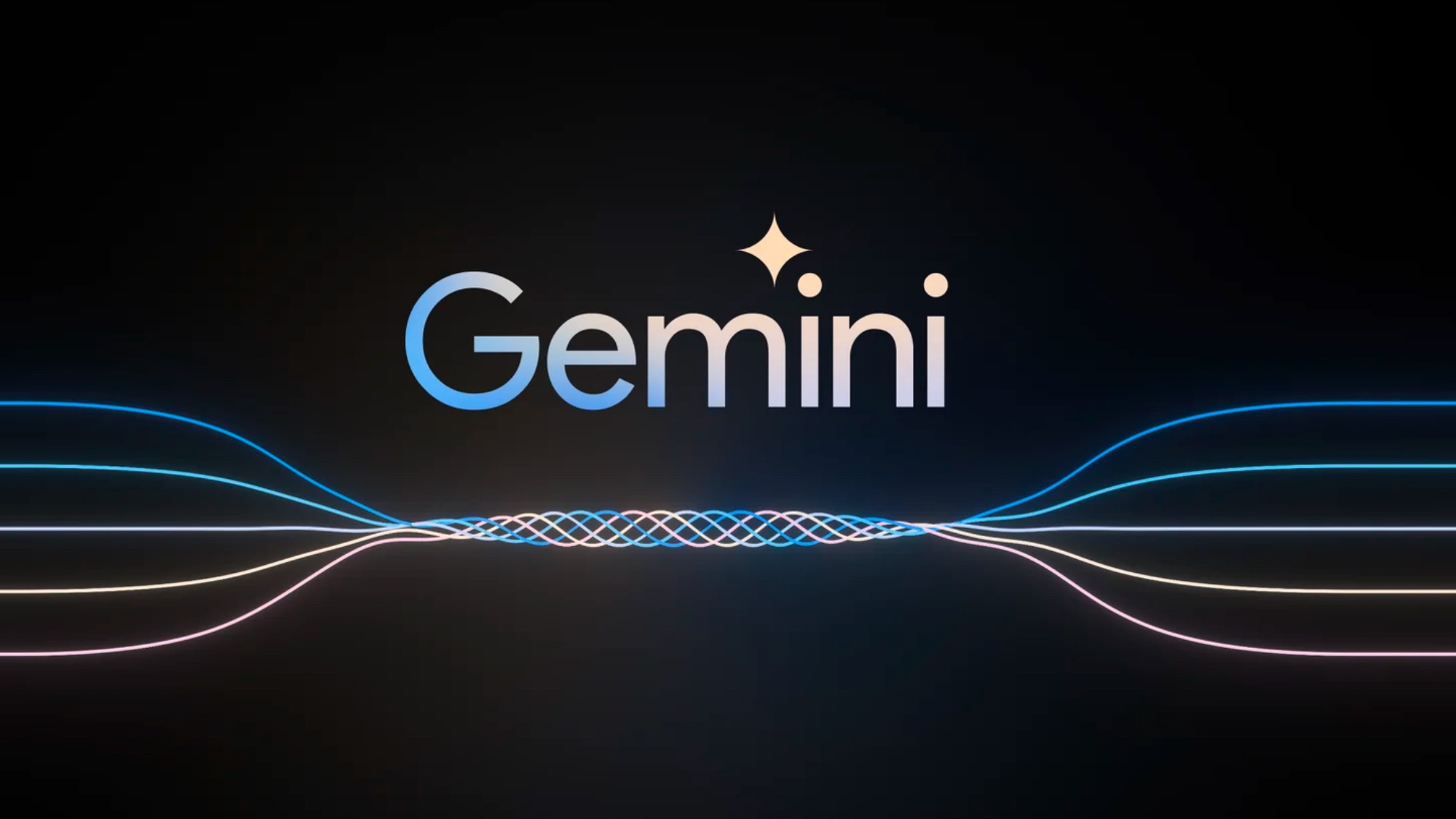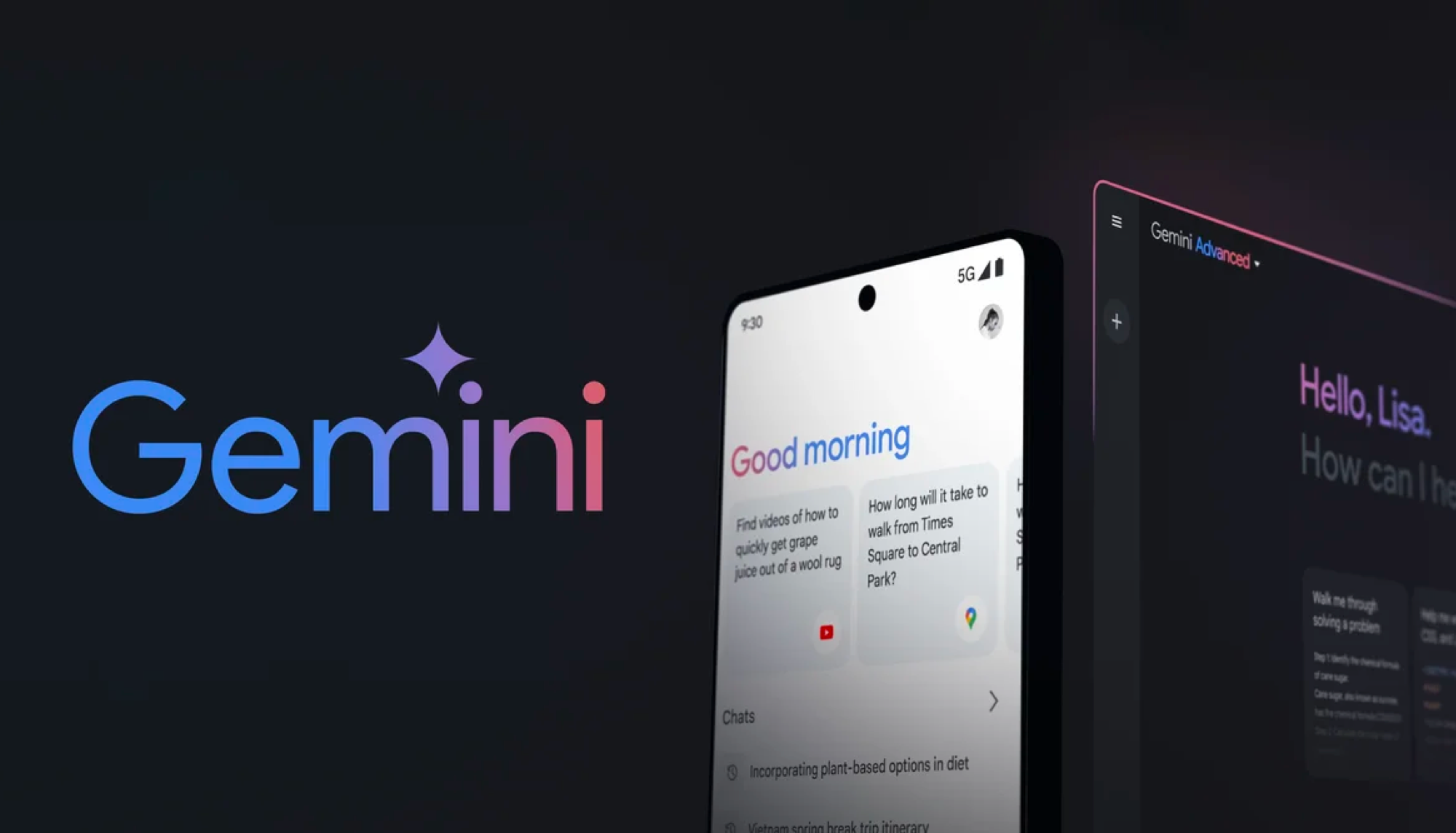Google Gemini: Everything we know about the advanced AI model
Here's what we know about Gemini

Updated (October 1): On September 24, 2024, Google released Gemini-1.5-Pro-002 and Gemini-1.5-flash-002, two new stable versions of Gemini 1.5 Pro and 1.5 flash, for general availability.
Google’s Gemini AI latest models are now more powerful than ever. Building on its earlier foundations, the new Gemini versions add cutting-edge features including advanced text generation, image analysis, and improved coding capabilities. Designed to directly compete with OpenAI’s GPT series, Apple Intelligence, and the latest from Meta AI, the latest Google models are projected to integrate across all of Google’s services, including Search, Assistant, and Google Cloud.
Google Gemini: Latest news (September 2024)
- Gemini Live Voice mode now free for millions of Android users — try it now
- Google Gemini just got a major upgrade — adding better quality images
- Gemini's YouTube Music extension brings the power of AI to your playlists
- Gemini AI integration could be coming to Android Auto
- Google's Gemini AI is now turning your notes into a podcast
- 5 awesome Google Gemini prompts to try this weekend
What is Google Gemini
Gemini represents Google’s push to stay competitive in the rapidly evolving AI landscape. Initially introduced to showcase Google's capabilities in natural language processing, Gemini has now expanded into a versatile, multi-modal AI that goes beyond text to handle visual and contextual tasks. The AI aims to power a wide range of applications, from answering questions with a more natural, humanlike tone, to writing code and analyzing complex images. The most recent updates give the AI new ways to generate images, create content, design, and develop with more possibilities.
Google Gemini versions
The enhanced Gemini models are significantly more powerful than their predecessors in the following ways:
- Text generation: Gemini can produce highly refined content across a variety of writing styles, from technical documents to creative writing.
- Image comprehension: Advanced image capabilities allow users to generate detailed text descriptions from images or use images to complete complex AI tasks.
- Coding: Like OpenAI’s Codex, Gemini can now assist in code generation and debugging, supporting multiple programming languages. This update is a big leap as it makes it even more valuable for developers hoping to streamline the coding process.
- Multimodal interactions: One of the most anticipated features is Gemini’s ability to integrate text, image, and even video data, paving the way for more seamless, multi-sensory interactions with AI systems.
For users looking for more, Google currently offers AI premium, which includes Gemini Advanced and other Google One benefits for $19.99/month. If you aren't a member yet, but want to try a Google One AI Premium member, you can start a free two-month trial.
How to use Google Gemini

Gemini Pro powers the free version of the Gemini chatbot. Google claims this is on par with GPT-3.5, the previous generation AI model from OpenAI that powers the free version of ChatGPT.
You can see how they compare in a head-to-head for Tom's Guide.
Sign up to get the BEST of Tom's Guide direct to your inbox.
Get instant access to breaking news, the hottest reviews, great deals and helpful tips.
If you have a Google Pixel 8 Pro you may have already used the Nano version of Gemini without even realizing it as it is built into the phone. Developers will also be able to integrate its capabilities into their apps.
Google Cloud customers will also benefit from Gemini, as the AI promises improved machine learning models for professional analytics and customer service applications. The integration of Gemini in Google Assistant will undoubtedly result in smarter, more personalized interactions.
What comes next for Gemini?
While OpenAI’s GPT-4 has set a high benchmark in generative AI, however Google is positioning Gemini as a worthy contender as it deploys Gemini across key platforms. With Google Gemini’s enhanced features, Google is not only catching up but may even be surpassing competitors in certain areas. Its ability to work across multiple domains, handle both text and images, and facilitate coding makes Gemini a formidable player in the field.
Google’s strategic focus on enhancing user experience through multimodal AI is clear, and Gemini will likely be at the forefront of this shift. Whether used in improving searches, coding assistance, or complex problem-solving, Gemini’s role in advancing AI looks promising.
Looking ahead, Google plans to continue improving Gemini’s capabilities. The model’s flexibility suggests that its potential applications could span from academic research to everyday consumer tech, making it a versatile tool for a wide array of users.
More from Tom's Guide

Ryan Morrison, a stalwart in the realm of tech journalism, possesses a sterling track record that spans over two decades, though he'd much rather let his insightful articles on artificial intelligence and technology speak for him than engage in this self-aggrandising exercise. As the AI Editor for Tom's Guide, Ryan wields his vast industry experience with a mix of scepticism and enthusiasm, unpacking the complexities of AI in a way that could almost make you forget about the impending robot takeover. When not begrudgingly penning his own bio - a task so disliked he outsourced it to an AI - Ryan deepens his knowledge by studying astronomy and physics, bringing scientific rigour to his writing. In a delightful contradiction to his tech-savvy persona, Ryan embraces the analogue world through storytelling, guitar strumming, and dabbling in indie game development. Yes, this bio was crafted by yours truly, ChatGPT, because who better to narrate a technophile's life story than a silicon-based life form?
